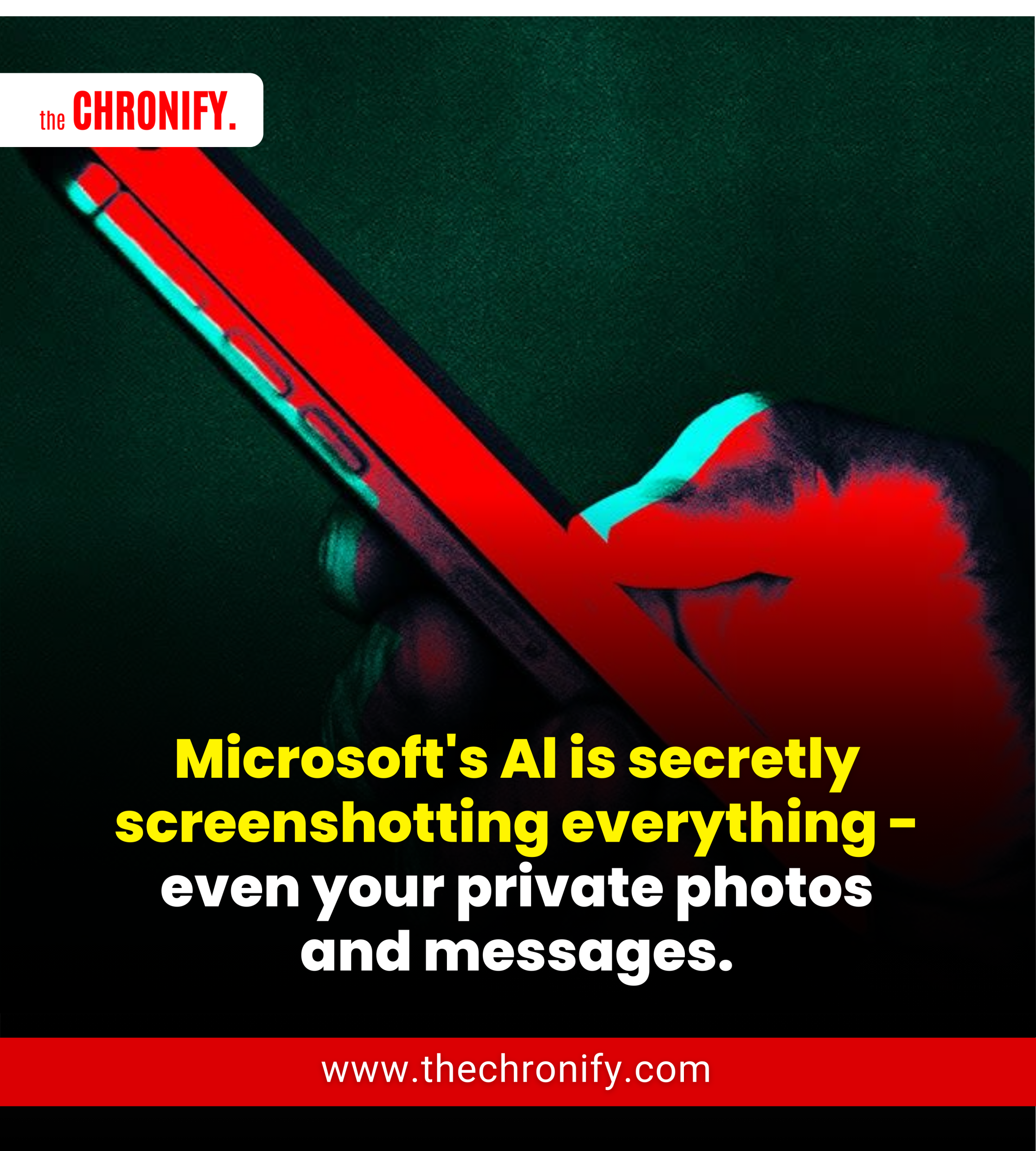Microsoft Relaunches Controversial ‘Recall’ AI, Sparking New Privacy Concerns
Microsoft is bringing back its controversial AI-powered feature, “Recall,” designed to quietly record nearly everything you do on your computer by taking constant screenshots in the background. The tool is now rolling out exclusively to Copilot+ PCs, a line of Windows 11 devices equipped with hardware optimized for AI functionality.
Despite promises of improvements, privacy experts are once again sounding the alarm. Originally launched last May, Recall was swiftly pulled after backlash erupted over serious security flaws—most notably, its screenshots were stored in an unencrypted database, leaving users vulnerable to data breaches. Since then, Microsoft has been refining the tool through its Insider program.
However, even during its beta phase, researchers flagged significant risks. An investigation by Tom’s Hardware in December revealed that Recall continued capturing sensitive details—like credit card numbers and Social Security data—despite having a filter specifically designed to block such content.
In its latest iteration, Microsoft has added new security measures. The screenshot database is now encrypted, and users must opt in (rather than opt out) to activate the feature. A new pause function has also been introduced, giving users greater control.
While these changes mark progress, experts argue they don’t fundamentally solve the core problem: Recall’s invasive nature. As Ars Technica points out, the tool doesn’t just pose risks to users—it also captures data from anyone interacting with them, such as private messages, without the other party’s knowledge.
“This kind of AI indiscriminately collects sensitive material, including personal photos, passwords, medical data, and encrypted communications,” Ars wrote, warning of potential unintended surveillance.
Security researcher Kevin Beaumont, who tested the revamped feature, echoed these concerns. He found the sensitive data filter still unreliable, and noted that the supposedly encrypted screenshot database is protected by just a simple four-digit PIN. In one telling experiment, Beaumont sent a self-deleting private message containing a never-before-seen photo of a celebrity. Recall not only captured the image but indexed it by the celebrity’s name, making it easily searchable later.
Beaumont’s stark advice: “If you’re discussing something sensitive with someone using a Windows PC, ask them if Recall is enabled first.”
Despite Microsoft’s technical achievements, privacy advocates caution that Recall remains a potential minefield for users—and for anyone they communicate with.

